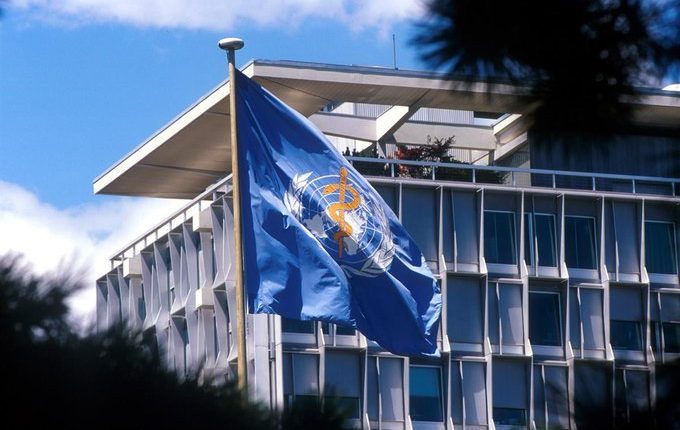
The vaccine against COVID-19, here is the official WHO list: these are the 47 candidates considered most effective / PDF of the full document
Vaccine against Covid: there are 47 vaccines that the WHO, the World Health Organization, considers of primary importance and of greater future utility.
In an official document, therefore of particular scientific authority, the world’s main reference in the field of health, states in black and white which candidates coronavirus vaccine have now reached the final goal of this sort of 200 meters hurdles.
In a list just below (we enclose the document in full form) you can read the names of the next 155.
Vaccine for COVID-19, WHO: the 47 in the finishing straight and the 155 chasing
The names of the 47 “winners” are worthy of some reflection.
It contains the trials of companies that have now become familiar to many Italians, such as AstraZeneca–Oxford, Pfizer, Moderna, but also lesser-known but surprising experiments.
The most relevant is China.
Through direct or indirect way of participation The Beijing government is present in about ten advanced phase 3 trials of the 47 vaccine candidates.
The small island (we are referring to its size, compared to giants such as the USA, India or China) of Cuba is even more surprising, with two vaccine candidates, Soberana 1° and Soberana 2° respectively, differentiated by a different approach to RDB and developed by the Instituto Finlay de Vacunas (Vacunas means Vaccines).
The second was approved a few days ago, and was carried out by the working group of Dr María Eugenia Toledo, of the Pedro Kourí Institute of Tropical Medicine.
The “political” considerations, from which we would very much like to avoid, are imposed by the great debate that, from the beginning, has characterized the race for the vaccine against SARS-CoV-2.
WHO fears about vaccine race for COVID-19 and poor countries
Essentially, the inside fear of the WHO was immediately that an implementation by Western pharmaceutical companies would widen the gap between the health conditions of middle-income countries and those with higher rates of poverty.
For this reason WHO launched the initiative of an international alliance of virtuous people, united in the premise of creating a vaccine to be distributed at low cost.
The initiative has fallen into a vacuum and into the substantial silence of the recipients.
Eminent centres of statistical and economic research have estimated that the poorest countries, such as those of sub-Saharan Africa, will see the arrival of the vaccine at COVID-19 only between 2024 and 2025.
This will have obvious repercussions on the health of citizens and their already severely affected economies.
In this sense, the presence of Cuba, given the gratuitousness of certain initiatives, is an element of hope for those countries.
This is also in consideration of the generosity with which the Cuban Health System has shared its means in the recent past: the commitment of Cuban doctors is alive in the hearts of many Italians, especially in Lombardy.
After all, Cuba and China were certainly the stone-hosts of the recent elections in the USA, and US analysts agree that the approach to the Covid emergency has been the big vulnus in Trump’s re-election campaign.
And Trump’s America is, in fact, very little represented in the 47 “winners” list.
Considerations that we would gladly spare ourselves, given that, on closer inspection, a human being should be treated for the natural right to health and not for the mechanisms of a policy that seems to have to enter every sphere.


